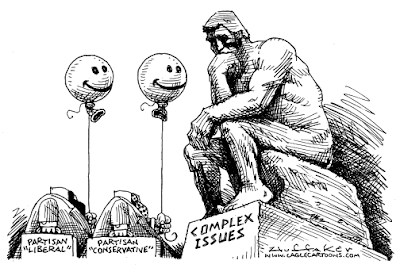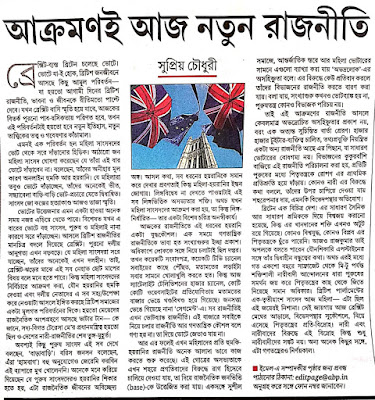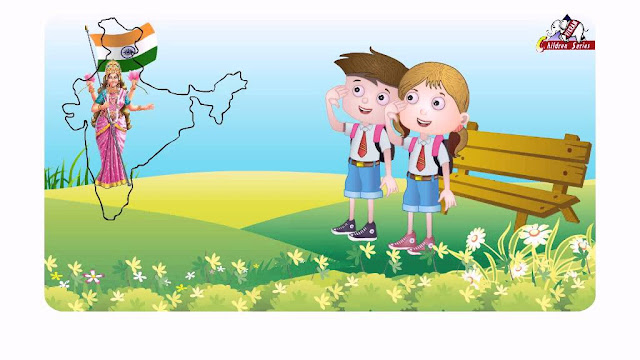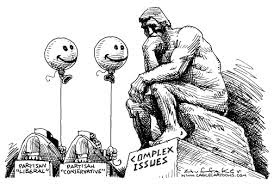Right or Left? Figuring out the politics of 21st century

I am sparred into writing this post by a rather awkward exchange in a recent business meeting. I was there to discuss a project, but my client asked - before we discussed anything else - which side of the political divide I belong. The trigger was the emails that he regularly receives from a diaspora think-tank, where I serve as a trustee and which occasionally sends out emails in my name. Desperate to move on, I mumbled that in politics, I sit on the fence, though the fence is getting increasingly narrower. But I knew it was an inadequate answer: Fence-sitting is a poor excuse at a time of all-out war of ideologies! With reflection, however, I realise that this is indeed the right description of my political persuasion, though fence was a poor metaphor. This is because 'sitting on the fence' implies a lack of commitment, an opportunistic pandering of both sides. But that's not what I do: I am very much committed to my politics, though I may not buy into the labels of right...








